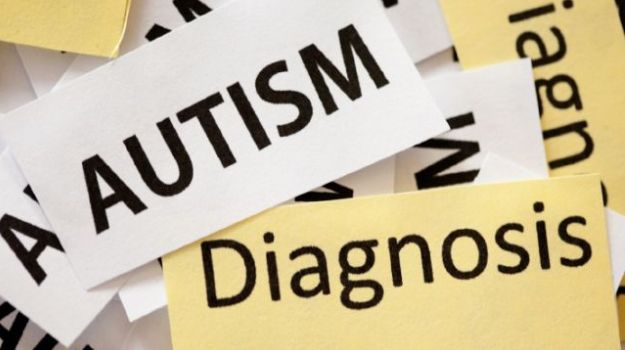Autism is a neurological disorder associated with the development of brain and its various cognitive functions. Medical researchers are still trying to tap the exact cause of the disease. In most cases, autism is seen as a heritable condition, associated with genetic mutation and a host of environmental factors. A new study found that administering a single dose of 100-year-old drug suramin - originally developed to treat African sleeping sickness - can improve symptoms of autism spectrum disorder (ASD) in children.
During the study, four boys who received the suramin infusion displayed improvement in language and social behaviour, restricted or repetitive behaviour and coping skills. The most changed behaviours were social communication and play, speech and language, calm and focus, repetitive behaviour and coping skills, the researchers said.
"During the time the children were on suramin, benefit from all their usual therapies and enrichment programs increased dramatically," said lead author Robert K. Naviaux, Professor at the University of California San Diego.

Importantly, suramin caused significant improvements in language and social interaction in a 14-year-old boy who had not spoken a complete sentence in 12 years.
"We had four non-verbal children in the study, two 6-year-olds and two 14-year-olds. The six-year-old and the 14-year-old who received suramin said the first sentences of their lives about one week after the single suramin infusion. This did not happen in any of the children given the placebo," Naviaux added.
The findings were reported in the Annals of Clinical and Translational Neurology.
According to Naviaux, autism is caused by metabolic dysfunction or impaired communication between cells in the brain, gut and immune system, resulting from abnormal persistence of the cell danger response (CDR) -- a natural and universal cellular reaction to injury or stress.
Suramin works by inhibiting the signalling function of adenosine triphosphate (ATP) -- a small molecule released from the cell as a danger signal.
When CDR is activated, the effect of extracellular ATP is similar to a warning siren that never stops. Suramin silences the siren, "signalling the cellular war is over, the danger has passed and cells can return to 'peacetime' jobs like normal neurodevelopment, growth and healing", Naviaux noted. However, the therapeutic benefit of suramin was temporary, as the improvements peaked and then gradually faded after several weeks as the single dose of suramin wore off, the researchers said
Inputs from IANS









